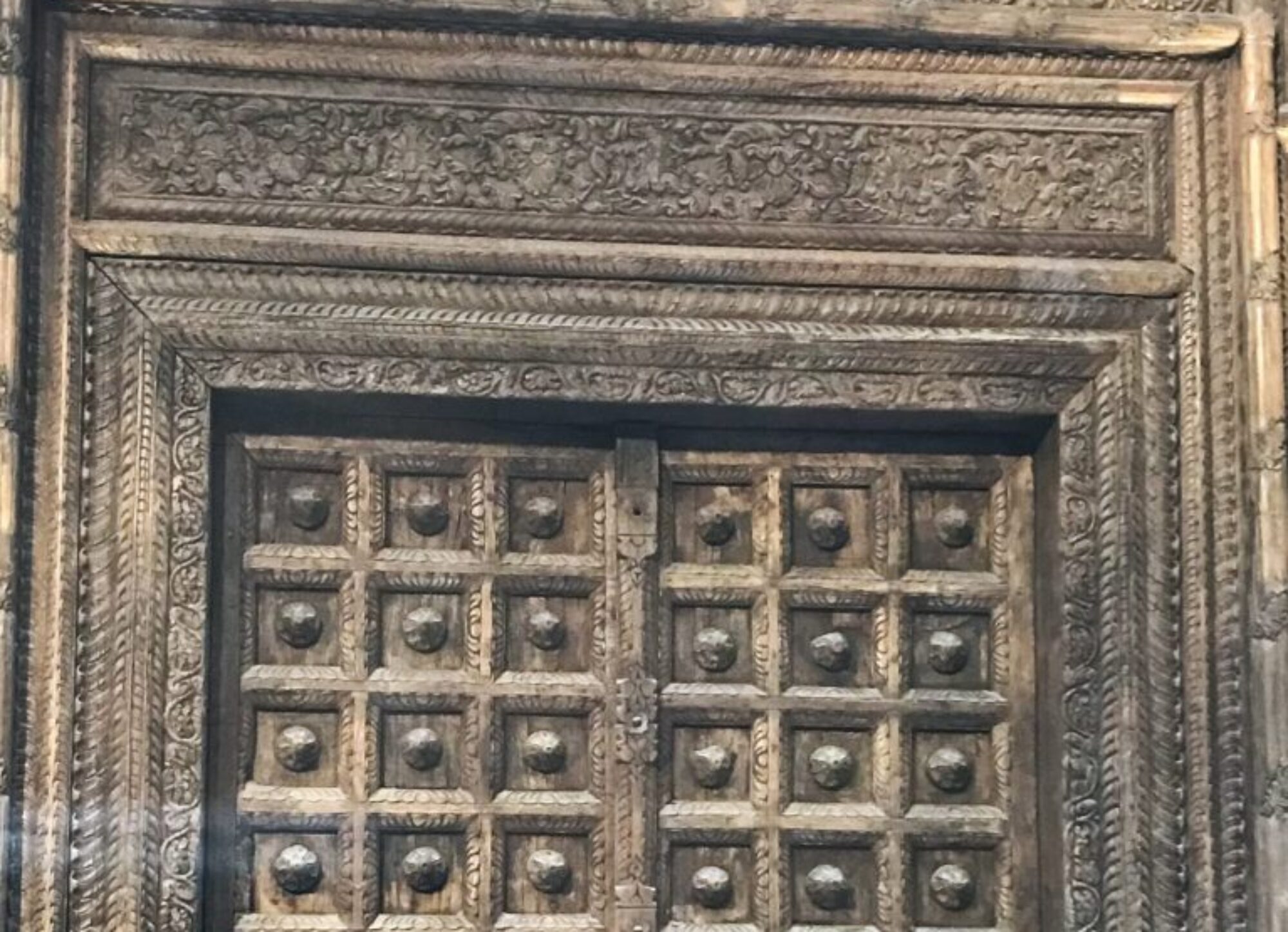I used to love driving in Delhi! The broad smooth roads, with well-laid out footpaths and cycle tracks, made every drive a glorious experience. As the years passed, I graduated from a Lambretta scooter to a Fiat 1100 to a Maruti 800, then quickly to a Zen and several years later to a Swift Dzire, till I reached my current Maruti Ciaz. The roads of Delhi, meanwhile, deteriorated from being the smooth cheeks of you-know-who of Bollywood to the smallpox-pitted face of that character actor of the same celluloid vintage.
Over the years, driving in Delhi became a torture for me because of the potholes and misleading signage. I feared the large number of lunatics speeding recklessly as if their daddy owns the road. I was terrified by the truck and bus drivers who are congenital disregarders of traffic signals. My blood boiled when some rowdy nouveau riche overtook from the left, his big car rocking like a boombox. I became neurotic about the traffic jams on the Gurugram road. I had nightmares about being the victim of road rage or getting shot in a parking dispute.
Last year, things came to a head when a brat who was scarcely out of kindergarten almost rammed his behemoth into my humble Maruti. The close shave left me shaken, and I resolved to hire someone else to risk his life driving for me.
So we got Bassa Ram aka BR, who has proved to be a godsend! He knows the roads, lanes and bylanes of Delhi like the back of his hand. He can reverse the car for a mile and a half and squeeze into the tightest parking spots. Above all, he is as uncouth as any trucker and can curse louder and faster than anyone on the roads of Delhi since Sher Shah Suri constructed the Grand Trunk Road. It is BR’s capacity to cuss, rather than his driving skills, that for the past year has given us the greatest sense of security while commuting.
With the advent of BR, I almost completely gave up driving except for short sorties to the neighbourhood shopping centre. Then, a couple of months ago, BR needed long leave to attend a wedding back home in his village. In the normal course, during his absence, I would have driven the short distances for petty chores, and we would have used taxis for the odd trip to Ghaziabad. BR would have returned from his village with a box of sweets for us and status quo ante would have been uneventfully restored. But that was not to be, because Sudha, a dear friend of the missus, invited her to a kitty party. I offered to drive her there, but she refused.
“Where will you wait? I don’t want you hanging around in Sudha’s house, ogling other people’s wives, and I won’t tolerate you waiting in the car outside, just to make me feel guilty.”
I then suggested she take a cab, but that only annoyed her. “Why should I, when there is a perfectly good car sitting in the driveway? You are to blame for this sad situation because you never taught me how to drive!”
So all of a sudden it was my fault! In our small world, even the slightest ruffling of feathers causes violent storms; therefore, before our disagreement escalated to hurricane level, I thought it prudent to capitulate.
“I am sorry my dear,” I said. “I will start teaching you tomorrow.”
Next morning, I pasted a large ‘L’, cut from red paper, on the car windshield, to warn other drivers that a learner was at the wheel. The wife and I then set off for lesson number one. I tried to explain the functions of the brake, accelerator and clutch but the missus was too impatient.
“Just teach me how to drive! Don’t give me a lecture on automobile engineering, dammit!” And with that she turned the ignition. The car lurched forwards and shot into a shallow ditch by the side of the road.
After that, we both simply sat there, with steam billowing from under the bonnet and oil leaking from the engine below.
“You don’t even know how to teach!” she burst out. “You are useless.”
And that was the end of her car driving lessons. Nevertheless, I let the red ‘L’ remain on the windscreen because the missus could change her mind, as she often does. She never did, but I discovered a miraculous phenomenon over the next few days. When I drove to the bank or the veggie market, other drivers gave me a wide berth. Even the boldest of pedestrians did not try to test my reflexes. Motorcyclists, who earlier zipped past from the wrong side, now slammed their brakes when they saw the learner sign and my grey hair.
I jubilantly realised that they were all scared of getting hit by me!
Now, even after BR has returned, I feel quite comfortable driving—armed as I am with my grey hair and the red ‘L’ on the windscreen. Who knows, other vehicle drivers might even start making space for me to park? Who knows, I might even altogether dispense with the services of BR?
